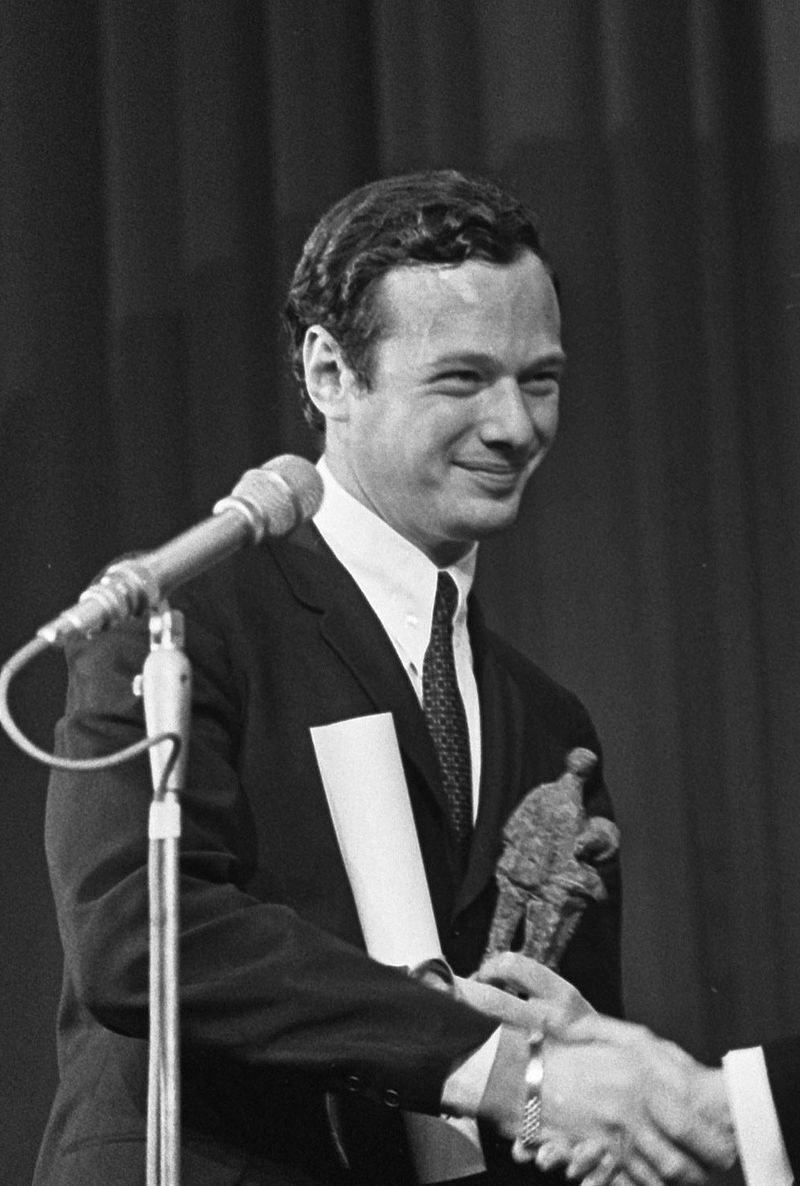At 18, Epstein was called up for the mandatory two years of National Service in the British military. It was a miserable experience for him. Although he excelled at clerical duties, he was a disaster in field situations. He hated the regimentation of army life, but was disappointed he hadn’t been promoted beyond the rank of private. After returning to his barracks in London’s Regent’s Park one evening dressed in his normal civilian attire—suit, bowler hat and umbrella—Epstein was mistaken for an officer and found himself facing a trumped-up charge of impersonating one. The army sent him to several psychiatrists and finally came to the conclusion that he just wasn’t soldier material. Epstein was relieved when he was given a medical discharge in January 1954.
Back in Liverpool, he worked at the furniture store by day and enjoyed the life of a bon vivant by night. He and his childhood friend Joe Flannery loved to go to the theater and see music shows, except on Friday nights when Epstein joined his parents and brother for Shabbat dinner. “One time Vivien Leigh came to Liverpool to play at the Royal Court for two weeks in A Streetcar Named Desire, and we booked the same two seats for every night,” Flannery says. “On the Friday night Brian wasn’t with me and Vivien Leigh took the trouble to put her foot through the footlights and lean over the stage and ask, ‘Where is your friend tonight?’ I said, ‘It’s Friday night and you should know,’ and she said, ‘Yes, that’s right.’”
“Brian had no qualms about being Jewish,” says Flannery, who knew the Epsteins well. Though Flannery was raised Catholic, Harry Epstein used to teasingly call him “Yossel,” Yiddish for Joseph. He and Epstein would meet for lunch regularly as Flannery worked at his own family’s store just down the street from I. Epstein & Son.
The two friends had long talks and sometimes discussed Epstein’s sexual attraction to men. In an era during which homosexual behavior was not just controversial but illegal in England, the young man felt tortured by his feelings and the situations in which he found himself. In those years gay relationships had to be cloaked in secrecy, especially in Liverpool explains Flannery.
“It was after the army that I found out about the existence of the various rendezvous and homosexual ‘life,’” Geller quotes from Epstein’s diaries. His predicament was made worse by the fact that he gravitated to a rough crowd. On more than one occasion he was involved in scuffles that left him bruised and bleeding. “All the time that I knew him, I don’t think one could say that he ever had any proper long-term emotional relationship,” Flannery says. “The people he was attracted to were not the kind of people you settle down with. He wasn’t comfortable about the fact that he was gay and, therefore, that led to a situation where he couldn’t have a successful homosexual relationship. That inability came from the fact that being gay was not his ideal way of living his life, subconscious, as that may have been. I don’t think that was unusual for his time.”
Epstein’s homosexuality added another dimension to his Jewish sensibility of being an outsider. “At no time did he want to be notorious for being gay,” says Weiss. “It wasn’t a crime to be a Jew. But it was a crime to be a homosexual.”


One thought on “Brian Epstein: The Man Behind the Beatles”